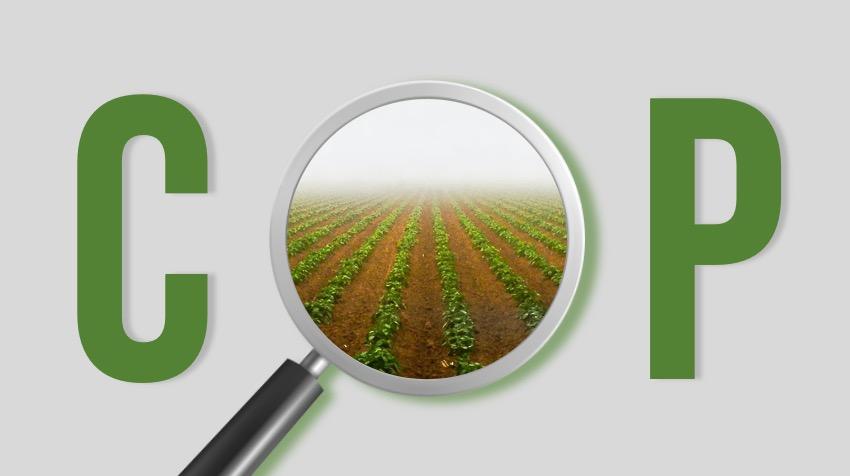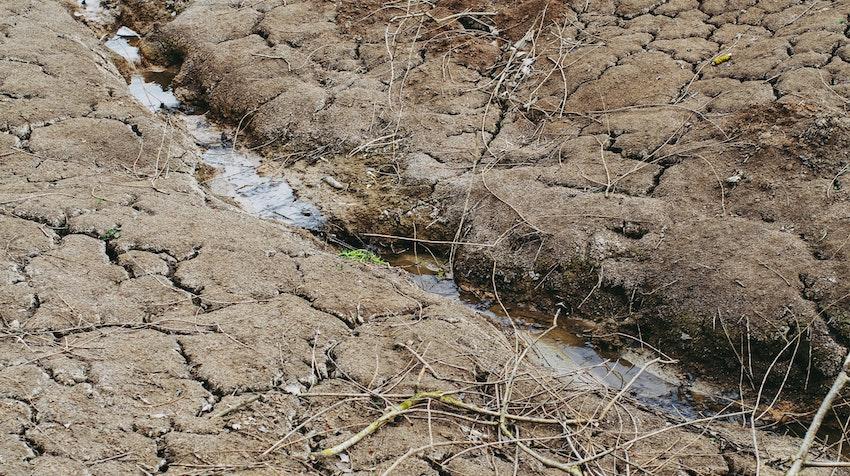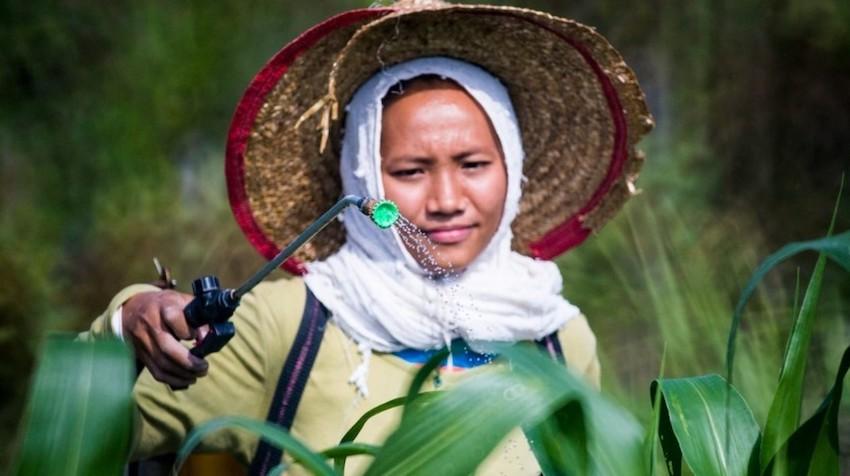As you note in your article (Farmers and rights groups boycott food summit over big business links, 4 March), farmers have for too long been on the fringes of global discussions about hunger, poverty and climate change, despite being the frontline of our food systems and the custodians of our natural resources.
The UN Food Systems Summit marks a momentous opportunity for farmers, producers and many others who support them to be at the heart of the year-long consultative process that has been launched to improve our shared food system.
Across the groups leading the five work streams underpinning the Summit, around a third are farmer and civil society organisations, the rest are comprised of academia, researchers, government representatives and youth organisations. Agro-ecology, indigenous knowledge and human rights are central to the Summit’s work with leading experts including Olivier De Schutter – whose concerns about the Summit, referred to in your article, date from a year ago – and Michael Fakhri, the special rapporteur, who has been leading the Summit’s human rights lever of change since last summer.
While private sector engagement is important to create a momentum of change, there is no agribusiness leading any work or singularly responsible for defining Summit outcomes. All doors are open for anyone to contribute through Action Tracks public forums, food systems summit dialogues, and the community platform.
The entire purpose of the Summit is to embrace not only the shared interests of all stakeholders but also – importantly – the areas of divergence on how we go about addressing the harsh reality humanity faces. If we are to build more inclusive food systems, we must be prepared to have inclusive debate. Everyone has a seat at the table.
Dr Agnes Kalibata
UN Secretary-General’s Special Envoy for the 2021 Food Systems Summit
Published in The Guardian here.



